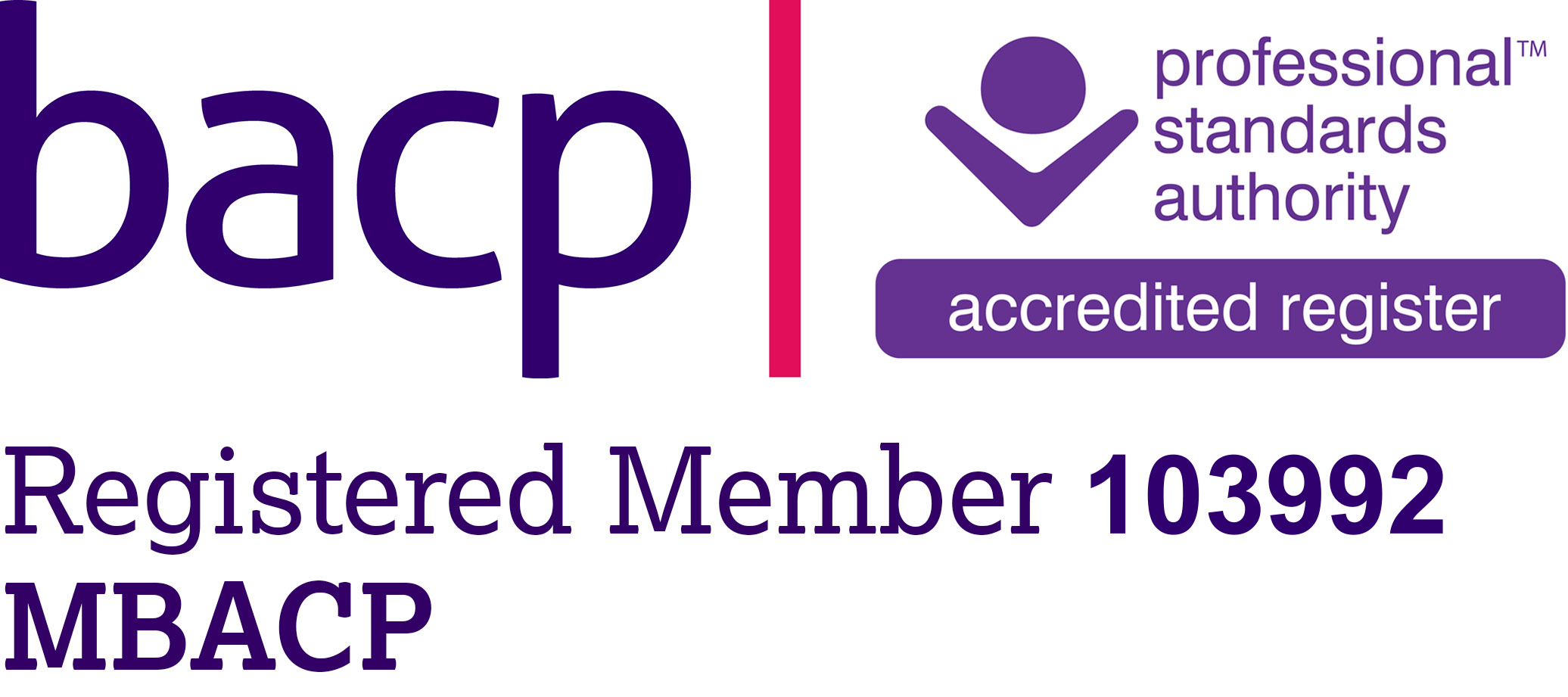Tips on how to spot a toxic friendship
By Samantha De Bono
Friendships are an essential part of our lives, we need them from the moment we start to experience the world from outside of our family, but having the right kind of friendships is what's important. Having friends for friendship sake can sometimes be very damaging.
That's why it's important to recognise the difference between good, healthy friendships and toxic unhealthy friendships and let's be honest, we've all had, at some point in our lives, that friend who irritates the hell out of you, pushes your patients to the limit and makes you feel like you're going a bit nuts because every time you spend time with her/him you begin to doubt your sanity and definitely don't feel happy. All our friends have their idiosyncrasies and let's face it, we have ours, small disagreements can pass by, or be resolved by talking the problem through, but sometimes there comes a time when it is probably best that the friendship is brought to a close. It's not easy and most people dread it and even delay it, taking it way past a healthy boundary point, but why do we often hang on to friends that are quite clearly not doing us any good?
Because we don't know how to break up friendships. There's a sort of stigma attached to ending friendships and so we will often endure the unendurable and stay in denial about how dreadful a friendship makes us feel. We'll rather make excuses and overlook glaringly obvious signs that this is a toxic friendship, just because we don't know what the rules and boundaries to breaking it up are.
If you think you might be struggling through a toxic friendship, but aren't sure, here's a few indicators that might help you see the light:
1. You dread getting together
If you are screening her calls and not returning them and you aren't looking forward to booking up another get-together, maybe it's time to make the distance you are creating, a permanent one. You don't HAVE to be someone's friend, the choice is yours.
2. She needs you in her life for everything she does, good and bad
This is a blurry one because many friends share loads with each other and are happy letting each other know every little detail of each others lives. However, the problem arises when you feel exhausted by your friend's neediness and panicked by the amount of time she takes up in your life, not allowing time for anything or anyone else. If someone is demanding emotional time, physical time and masses of energy from you, that's when it's toxic. It's true that friendships will call on us for support at times and of course that's fine, but it's a big difference if your friend is constantly needing you to be her emotional crutch.
3. Conflict and competition
If your friend appears to compete with you over everything, then this is a sign of a toxic relationship. Real friendship is supportive and encouraging, not a competition. If you fall flat on your face and life feels like a ball of crap, a competitor is not the person you would automatically call on for support, but a friend is - they can't be both. It's unlikely you would feel safe in a friendship where you suspect your friend is secretly enjoying your demise.
4. Physical symptoms
Having good friends can be a real tonic. Laughing, sharing, enjoying, trusting, supporting, loving and caring are all things that good friendship brings and in turn, this boosts our physical and mental well being. However, on the flip side toxic friendships can make us suffer with headaches, stomach upsets, eczema and other symptoms connected with anxiety. If this is something you recognise, you are in a toxic friendship.
5. Flip-flopping
Toxic friendships are often guilty of flipping and flopping between good and bad times. So you'll plan to meet your toxic friend for lunch (you may be feeling one of the symptoms above) and when you get there, she's totally on form, she's happy and upbeat and you have a great time. Based on this good time you think to yourself "Hey, it's not that bad, we had a great time today" so you book another date. That day comes and she is back to her competitive/moody/spiteful/bitchy/angry/sniping/opinionated self and she heaps it all on you.
It's that unpredictability that causes symptoms I mentioned in #4 and can even lead to feelings of vulnerability and depression.
6. It's everybody else, never her
There comes a time when you finally think "nope, I'm gonna tell her it hurts me when she says X,Y,Z" but her reply is "you're too sensitive" or "I didn't mean it like that" when you know that is exactly how she meant it, but there's not way to prove it, so you have to let it go. She makes light of your hurt and you know she hasn't taken it on board.
She tells you about situations she is in with other people and how horrible they are to her and how she is the victim, when you know that she has probably made others feel the way she makes you feel, yet it's always everybody else's fault, never hers, everyone else is either stupid, horrible, common, clueless, uneducated, thoughtless, uncaring, selfish, weird, angry, unethical, unprofessional, rude, aggressive... but it's never her fault.
7. You can't trust her
We often invest a lot of ourselves in our friendships and open ourselves up to vulnerability, but that's okay because friends should have our backs and we should have theirs. They know they can tell you anything and that their well being is important to you. Confidentiality is a must. Your "stuff" is not theirs to share, it should be a full gone conclusion that confidences are kept without the need to ask for it to be the case. Trust is an absolute when it comes to friendship and if it's not there, neither is the friendship!
If a few the points above resonate with you, then it's time to re-evaluate your friendship. If all of the points above resonate with you, then perhaps the time has come to call time on your toxic friendship. Remember, friendships are meant to enhance your life, not poison it.


